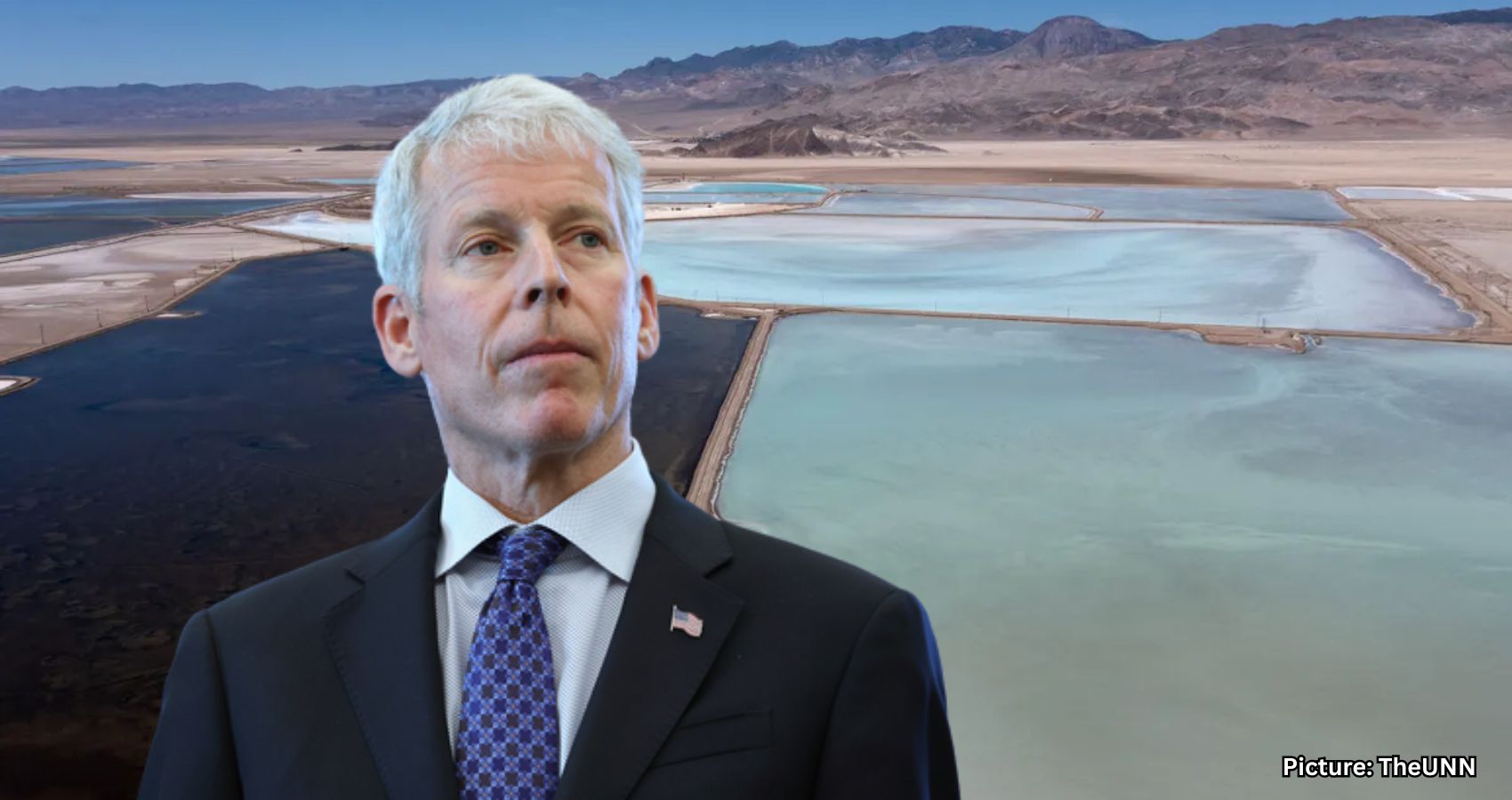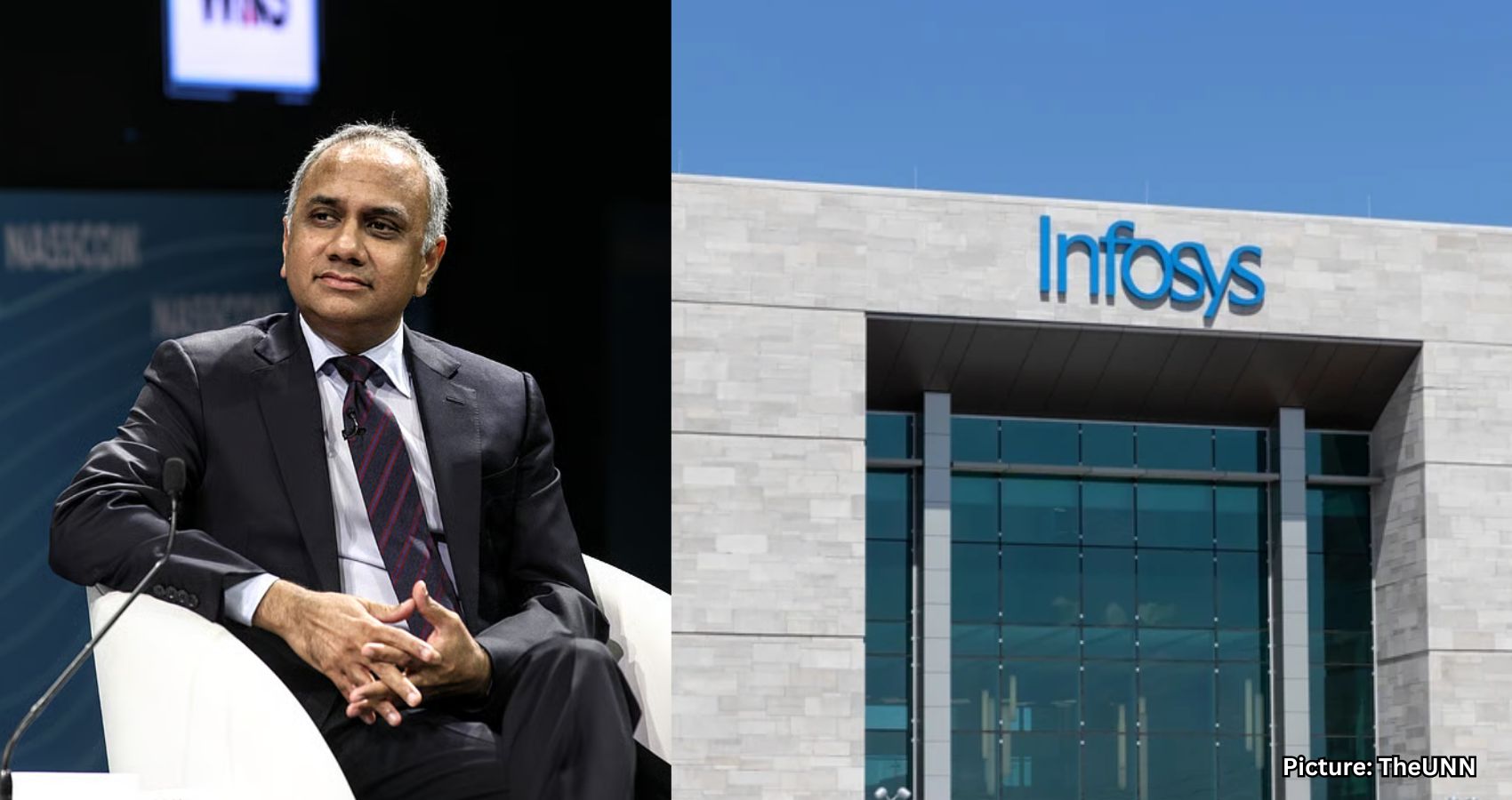Artificial Intelligence is playing a pivotal role in addressing rising electricity costs and enhancing energy sources, as U.S. consumers face unprecedented power bills amid increasing demand.
Artificial Intelligence (AI) and the proliferation of data centers are significant contributors to the rising electricity costs across the United States. As of December 2025, American consumers are paying 42% more for electricity compared to a decade ago. Exelon CEO Calvin Butler emphasized, “When you have increased demand and inadequate supply, costs are going to go up. And that’s what we’re experiencing right now.”
In 2024, U.S. data centers accounted for over 4% of the total electricity consumption in the country, according to the International Energy Agency. This consumption level is comparable to the annual electricity usage of the entire nation of Pakistan. Projections indicate that U.S. data center electricity consumption could grow by 133% by the end of the decade, reaching levels equivalent to the entire electricity consumption of France.
Butler noted that Exelon, headquartered in Chicago and owner of ComEd—one of the largest utilities in the nation—has seen a significant increase in data center load. “ComEd’s peak load is roughly 23 gigawatts. We have had data center load come onto the system, but by 2030, we’ll be at 19 gigawatts,” he explained. The utility has received a surge of connection requests from data centers, with potential projects totaling over 30 gigawatts expected to come online between now and 2045.
Butler remarked on the unprecedented growth in the sector, stating, “With the data center advent and the technology coming, we’ve been forced to serve that load, which is our responsibility. But what we also have to do is build new generation supply, which is not keeping up with the load that is coming on. And that’s the crunch that we’re in right now.”
In response to the growing demand, Commonwealth Edison is seeking regulatory approval for a $15.3 billion grid update over the next four years. While the U.S. has increased its grid capacity by more than 15% in the past decade, many utility companies and energy producers argue that this expansion is insufficient.
Bob Mumgaard, CEO of Commonwealth Fusion Systems, expressed concern about the current electricity constraints. “You want to make power plants that can make a lot of power in a small package that you can put anywhere, that you could run at any time, and fusion fits that bill,” he said. The company is working to introduce a new form of nuclear energy—fusion—which promises the reliability of traditional nuclear energy without producing long-lived radioactive waste.
“In fusion, there’s no chain reaction. The result is helium, which is safe and inert, and you don’t use it to make anything related to weapons,” Mumgaard added.
As the U.S. grapples with its power crunch, the role of AI in energy innovation is becoming increasingly vital. Commonwealth Fusion Systems is leveraging AI to accelerate the development of fusion energy. “Building and designing these complex machines and manipulating this complex data matter of plasma are all things that we’re still learning and figuring out how to do,” Mumgaard explained. “And that’s an area where we’ve been able to accelerate using AI.”
AI is also poised to enhance under-utilized energy sources, particularly geothermal energy. Despite its potential, geothermal energy has remained a small part of the electric grid due to high drilling costs and uncertainty about optimal infrastructure placement. Joel Edwards, co-founder of Zanskar, highlighted the potential of AI in improving geothermal exploration. “If you could drill the perfect geothermal well every single time, like you pick the right spot, you design the right well, you drill the 5,000, 8,000 feet, you hit 400°F temperatures, that’s incredibly productive,” he stated.
Zanskar is focused on refining the geothermal search process through AI-driven mapping techniques to identify untapped resources. “If we could just get more precise in where we go to find the things and then how we drill into the things, geothermal absolutely has the cost curve to come down,” Edwards noted. “And that’s sort of what we’re running towards, with AI giving us the boost, giving us an edge to do that.”
Both geothermal and nuclear fusion energy sources offer the advantage of producing power consistently, regardless of weather conditions. This capability could have alleviated some of the strain on the grid during recent winter storms. Butler cautioned about the urgency of addressing these energy challenges, likening the situation to driving a car with a persistent check engine light. “We have to pay attention to what’s going on, and this winter storm—Winter Storm Fern—is indicative of what’s coming,” he warned.
The integration of AI into energy production and management is not only a response to rising costs but also a crucial step toward a more sustainable and reliable energy future. As the demand for electricity continues to grow, the role of innovative technologies like AI will be essential in meeting the challenges ahead, according to Fox News.









